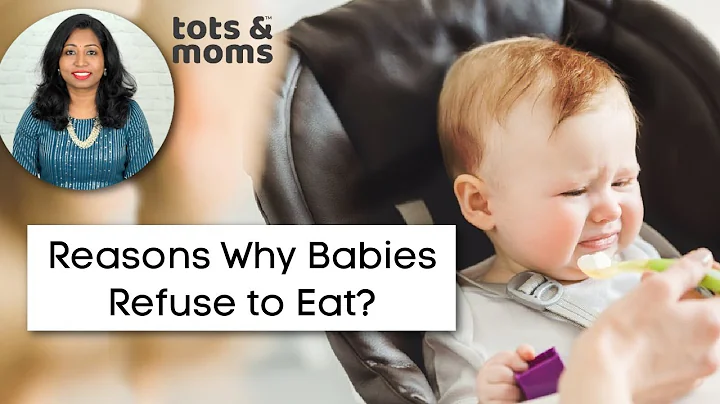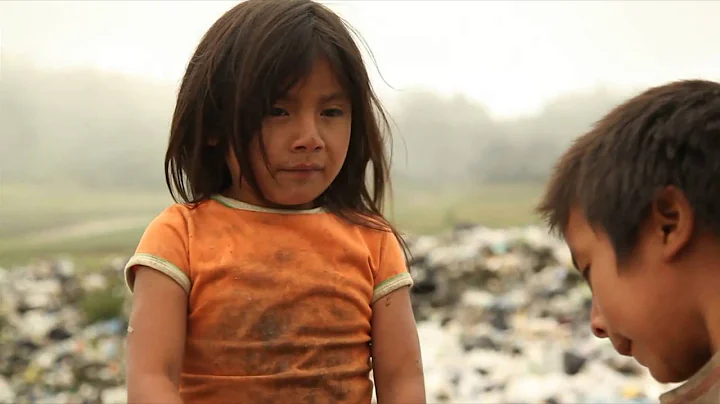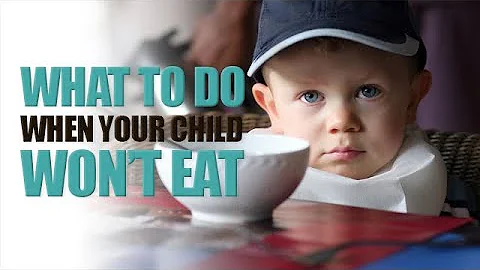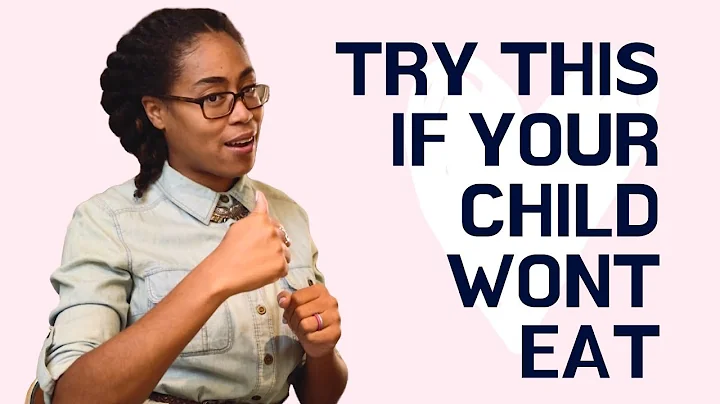People of the older generation always say that children don’t like to eat because they have no taste. Salt must also be added to complementary foods. Children’s soy sauce can also be used, etc. So, can babies eat these condiments? How old can you eat it? Let’s take a look at Xiaochen’s introduction one by one:

. Salt [1]
- 1. It is best not to add salt under the age of 1
Some parents taste it themselves before feeding their children complementary food. In fact, it is not advisable to use adults’ taste to determine whether the child’s complementary food is salty or salty. . The same food that adults think tastes just right is actually too salty for babies.
Chinese Nutrition Society "Feeding Guidelines for Young Children Aged 7 to 24 Months" (2016) points out that the appropriate intake of sodium for children aged 7 to 12 months is 350 mg/day. Among commercially available table salt, 1 gram of salt contains approximately 400 milligrams of sodium. In other words, children aged 7 to 12 months should not consume more than 1 gram of salt per day.
In fact, daily food already contains enough sodium: breast milk, formula milk, complementary food, etc., which can already meet the baby's growth needs. It is best not to add salt to babies under 1 year old. The metabolism of sodium mainly relies on excretion from the intestines. The kidney function of babies under 1 year old is not perfect. Adding salt too early will increase the burden on their kidneys.

The sodium content of breast milk can meet the needs of children under 6 months of age. The sodium content of formula milk is higher than that of breast milk. Children aged 7-12 months can get sodium from natural foods, mainly animal foods. For example, 1 egg contains 71 grams of sodium, 100 grams of pork contains 65 mg of sodium, and 50 grams of shrimp contains 101 sodium. Grams, plus the sodium obtained from milk, can reach the appropriate daily sodium intake of 350 mg for children aged 7-12 months.
1 After the age of 1, add less salt. Just add about 1 gram of salt every day. The appropriate daily intake of sodium for children aged 1-3 years is 700 mg.
- 2. Ingesting salt too early is very harmful to the baby.
① It can cause loss of appetite. If too much salt is taken in, the baby will be thirsty and drink a lot of water. This will cause water and sodium to be retained, which will increase the burden on the heart and cause a feeling of fullness. Reducing the intake of other foods and drinking too much water will absorb gastric juice, making the baby's original fragile body The digestion and absorption function is even worse. If things go on like this, it will cause loss of appetite.

② It will also cause babies to be picky eaters and have a partial eclipse. The earlier your baby introduces food containing salt (or other flavorings), the stronger the taste will be. Once the eating habit of preferring salty or other flavors develops, the taste of natural food will be difficult to attract their interest. The baby will gradually develop the bad habit of being picky and partial, and will not eat light-flavored food. Light-flavored foods can help improve infants and young children's acceptance of different natural food flavors and reduce the risk of picky eaters. 3. It will increase the risk of hypertension, diabetes, and cardiovascular disease in adulthood. A growing body of research shows that excessive salt intake in childhood increases the risk of chronic diseases such as high blood pressure in adulthood. The World Health Organization (WHO) recommends that adults and children should reduce their sodium intake to reduce the risk of developing high blood pressure.
Light-flavored foods not only help improve children's acceptance of different natural food flavors and reduce the risk of picky eaters; they can also reduce the risk of obesity, diabetes, hypertension, and cardiovascular disease in children and adults.
2. Soy sauce
- 1. Babies under 1 year old cannot eat soy sauce, but those over 1 year old can eat a little in moderation.
The salt content in soy sauce accounts for 20%. Compared with soy sauce, the amount of soy sauce is harder to control.
Babies start eating salty food from 6 months old. The amount of salt used increases with age, from 0.8 to 1.5 grams/day. For babies over one year old, the amount of salt consumed should be less than 2.0 grams/day. In addition to the above-mentioned harms of eating salty food, it can also cause babies to be reluctant to eat milk and prefer strong-flavored foods, which can easily lead to picky eating habits. Excessive intake of salt will also cause a large amount of potassium in the body to be excreted in the urine. Potassium is necessary for muscle contraction and relaxation during human activities. Excessive potassium loss can cause heart muscle weakness and serious consequences. Some people don't pay much attention to this. Baby food is often salty according to adult tastes, which creates the risk of babies consuming too much salt.

And soy sauce is made from soybeans. If you give it to your baby for the first time, you should carefully observe whether the baby is allergic to soy sauce.
- 2. Can children eat soy sauce?
Many parents cannot help but buy it for their children when they see the words "children's soy sauce". However, some media investigations have reported that the sodium content in children's soy sauce is not lower than that of ordinary soy sauce, which means that the soy sauce is advertised as low-salt. It doesn’t necessarily end up being low in salt.
There are a wide variety of children's soy sauce and baby soy sauce on the market, so parents should choose carefully.

- 3. How to distinguish good soy sauce from bad
First, look at the color of soy sauce. Brewed soy sauce is generally reddish brown, slightly darker than ordinary soy sauce. If the color is too dark, it means that caramel pigment has been added;
Secondly, lightly , Shake the soy sauce bottle slowly, the brewed soy sauce has a slow fluidity and a slight amount of precipitation;
Then smell the soy sauce, the brewed soy sauce often has a rich sauce aroma and a mellow ester aroma.
three. Edible oil [2]
- 1. Do not add any oil before six months. After six months, add

6 months later, supplementary foods will be added, including iron-rich rice noodles, egg yolks, meat, poultry, fish, vegetables and fruits, etc., and slowly added. my country's Dietary Guidelines recommends adding some vegetable oil appropriately, but the premise is that the child does not eat meat, poultry and fish, but mainly eats plant-based food or vegetarian feeding, and can eat 5 to 10 grams of oil every day. Therefore, as long as your child can eat meat, poultry, and fish every day, there is no need to add additional fat.
- htmlAfter the age of 62, you can basically eat it with adults. There is no need to deliberately add fat separately
4. Sugar
We all know that adults and children alike should not eat too much sugar, as it will lead to tooth decay Caries can also lead to obesity.
So why do babies like to eat sweets?
Due to the different distribution of taste buds on the tongue, people prefer sweet foods, especially babies. The first food a baby comes into contact with is breast milk, and breast milk itself is sweet, so the baby develops an instinctive reaction to eating sweets. And people who usually like to eat sweets will become more and more fond of sweet foods.

- When can I start eating sweets?
Before the baby is one year old, the intestines and stomach are still very delicate. The intestines and stomach secrete very little amylase and can only digest simple lactose and sucrose. The sugars in candies are all polysaccharides, which are difficult for the baby's stomach to break down and digest. Moreover, after eating candies, you will feel full, which will affect your baby's normal diet. Therefore, babies cannot eat candies before they are one year old, and they can only eat them after they are one year old at the earliest.
Eating sugar too early will not only burden the baby's gastrointestinal tract, but also cause side effects to the baby's taste development. The sense of taste has not yet developed well. Eating some irritating foods will interfere with the baby's ability to distinguish different tastes, resulting in incomplete taste development.

But sugar is still good. When children get older, eating sugar can make people feel happy and replenish energy. Eat it in moderation. Just remember to rinse your mouth after each meal and don’t leave any residue in your mouth~
five. Vinegar
- html Babies under 61.1 years old cannot be jealous
Babies under 1 year old have very fragile gastrointestinal and digestive systems and cannot eat casually. Although it is necessary to give your baby a variety of diets to ensure a balanced nutrition in your baby's body and prevent your baby from being picky eaters. However, since the digestive and absorptive functions of the stomach and intestinal wall of babies under one year old are not yet fully developed, improper diet may cause various diseases in the baby.

Generally speaking, the introduction of complementary foods for infants and young children slowly develops from paste-like food to hand-made finely divided food. As the age increases, the children's food addition changes from thin to thick, and the texture changes from paste to granular to complete. food. For babies under one year old, the most important thing is to prevent allergies and make food easy to digest. Babies have very sensitive taste buds, and the natural taste of food is very delicious. At this time, letting the child eat natural food is the best choice.If a child is exposed to artificial flavorings too early, it will affect the child's taste development.
Therefore, it is not suitable for babies under one year old to be jealous, because vinegar will have a stimulating effect on the baby's gastrointestinal system, and may also cause excessive gastric acid , which will be unbearable for the baby's fragile gastrointestinal system.

- 2. How old is a baby before he can be jealous?
Babies over 1 year old can eat vinegar added to food. Vinegar has the functions of sterilizing, helping digestion, helping to precipitate calcium in food, and protecting vitamin C. However, do not eat too much of any food. Eating too much vinegar will damage the baby's health. Spleen and stomach, just the right amount.
Although there are many benefits for babies to be jealous, we must understand and choose the vinegar that suits our baby's growth. The vinegar we usually use for cooking is generally brewed from grain, while vinegar drinks are mostly made from fruits, which is somewhere between drinks and vinegar. Acetic acid drink is a functional alkaline drink that tastes acidic and becomes alkaline after metabolism in the body. It can neutralize acidic foods such as fish, meat, eggs, rice, and noodles.
In short, if you are worried that baby food supplements are tasteless, you can add some natural "condiments" when making them, such as homemade tomato sauce, shrimp skin powder, fish floss, meat floss, etc.
Smaller children can use homemade tomato sauce to steam minced meat and liver puree, or use their favorite breast milk and milk powder to make pumpkin breast milk puree and potato breast milk puree. Older children can use homemade tomato sauce, shrimp skin powder, Add fish floss and pork floss to noodles or porridge.
Therefore, children under 3 years old should mainly eat a light diet without adding salt and other condiments. When choosing processed foods for their children, parents should read food labels carefully and try to choose foods without additives. Not giving salt to children is not child abuse, but care and love for children.
Part of the content in the text is excerpted from:
[1] Literature: Jiangsu Health Care . 2019 Issue 09, Page 34
[2] Ruan Guangfeng Dietary Science 2019-10-01 Journal
I am Sugar Bean Mom, a senior childcare professional talent. I will share my parenting knowledge and experience with parents every day, follow me, and accompany my baby to grow up healthily.












![[예능] 요즘 육아 금쪽같은 내새끼 192회_240517_솔루션을 통해 변화하는 금쪽이와 할머니! 그런데 의젓한 줄만 알았던 금쪽이의 오빠가 이상하다 - DayDayNews](https://i.ytimg.com/vi/nY1HM07OUcU/hq720.jpg?sqp=-oaymwEcCNAFEJQDSFXyq4qpAw4IARUAAIhCGAFwAcABBg==&rs=AOn4CLDKoittRbL7ZUsBPCk2wIIjDrH9EQ)








